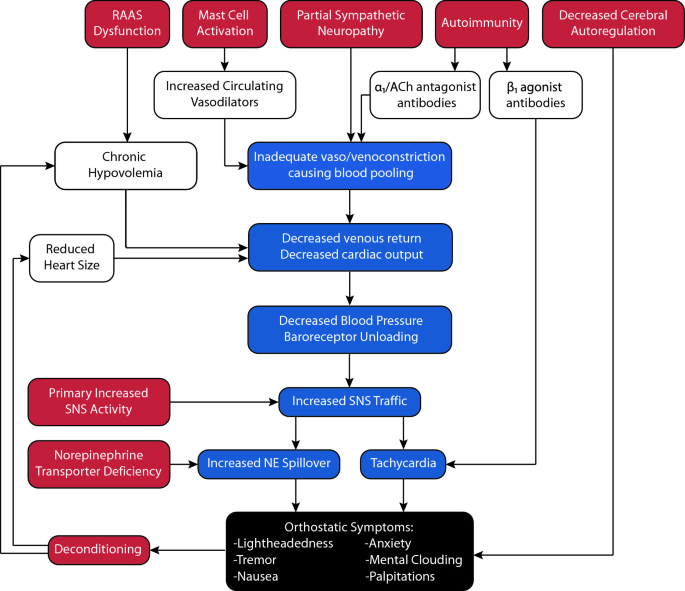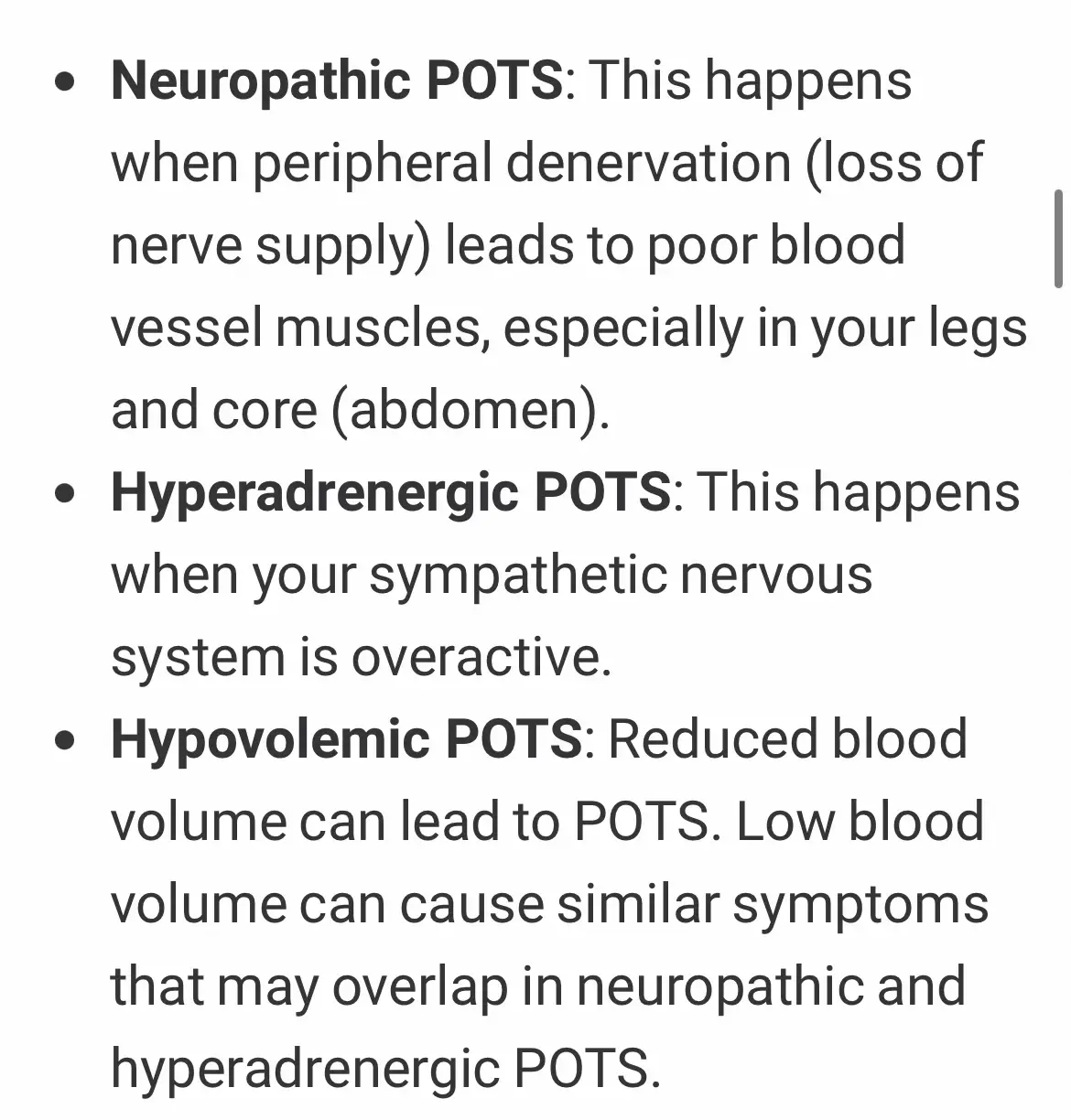Cureus, COVID-19 Induced Postural Orthostatic Tachycardia Syndrome (POTS): A Review
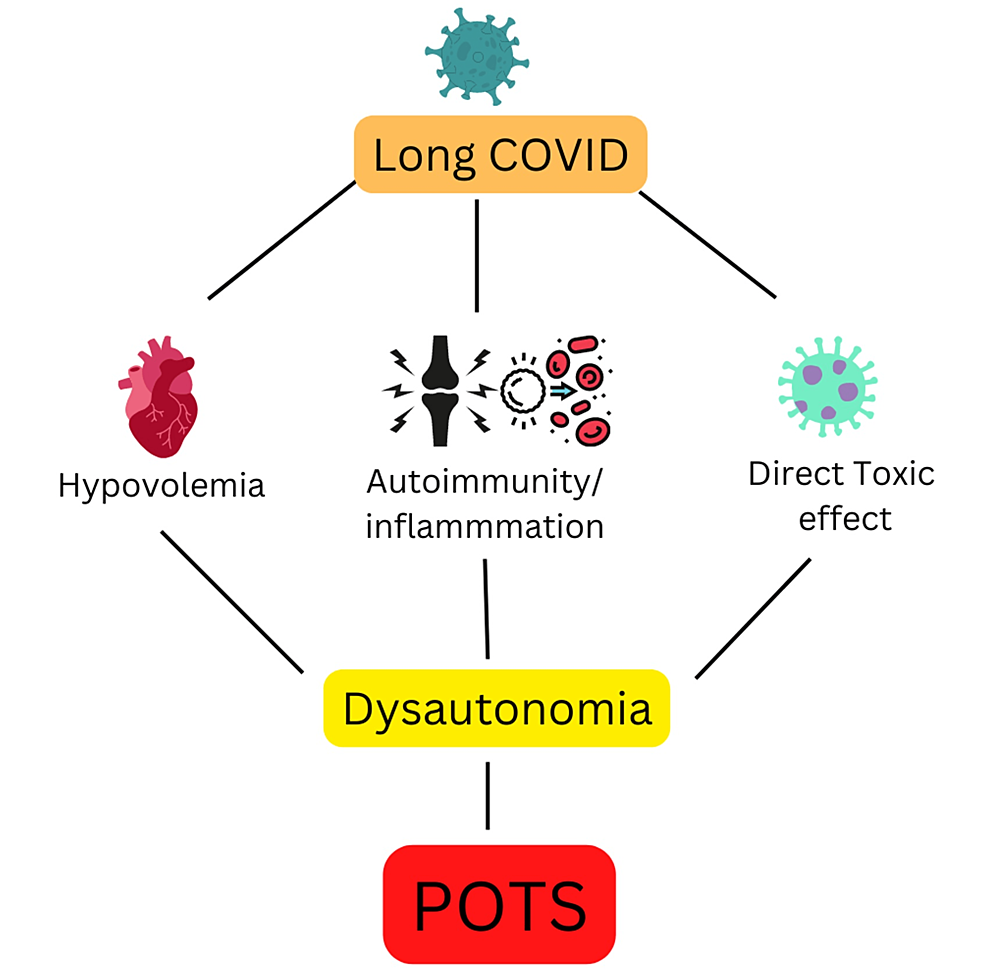
By A Mystery Man Writer
POTS (Postural Orthostatic Tachycardia Syndrome) is a multisystem disorder characterized by the abnormal autonomic response to an upright posture, causing orthostatic intolerance and excessive tachycardia without hypotension. Recent reports suggest that a significant percentage of COVID-19 survivors develop POTS within 6 to 8 months of infection. Prominent symptoms of POTS include fatigue, orthostatic intolerance, tachycardia, and cognitive impairment. The exact mechanisms of post-COVID-19 POTS are unclear. Still, different hypotheses have been given, including autoantibody production against autonomic nerve fibers, direct toxic effects of SARS-CoV-2, or sympathetic nervous system stimulation secondary to infection. Physicians should have a high suspicion of POTS in COVID-19 survival when presented with symptoms of autonomic dysfunction and should conduct diagnostic tests like the Tilt table and others to confirm it. The management of COVID-19-related POTS requires a comprehensive approach. Most patients respond to initial non-pharmacological options, but when the symptoms become more severe and they do not respond to the non-pharmacological approach, pharmacological options are considered. We have limited understanding and knowledge of post-COVID-19 POTS, and further research is warranted to improve our understanding and formulate a better management plan.

Apparent risks of postural orthostatic tachycardia syndrome diagnoses after COVID-19 vaccination and SARS-Cov-2 Infection
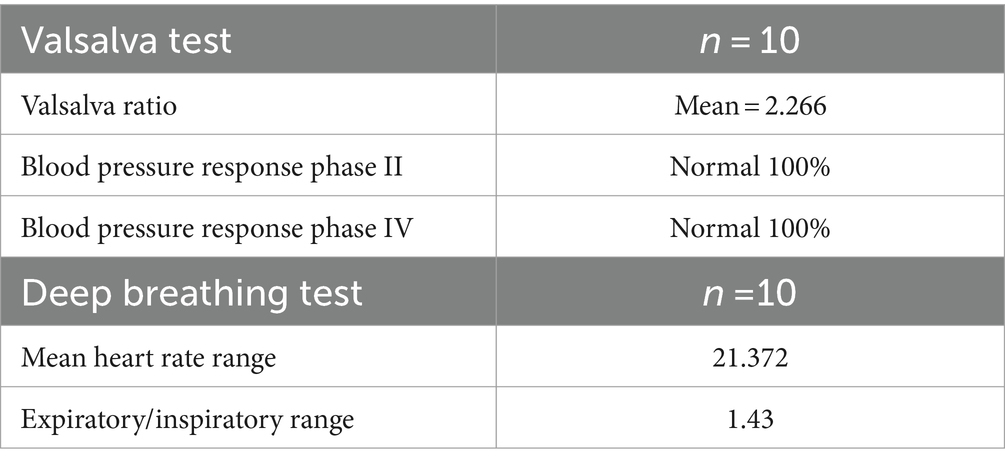
Frontiers Post-COVID postural orthostatic tachycardia syndrome (POTS): a new phenomenon
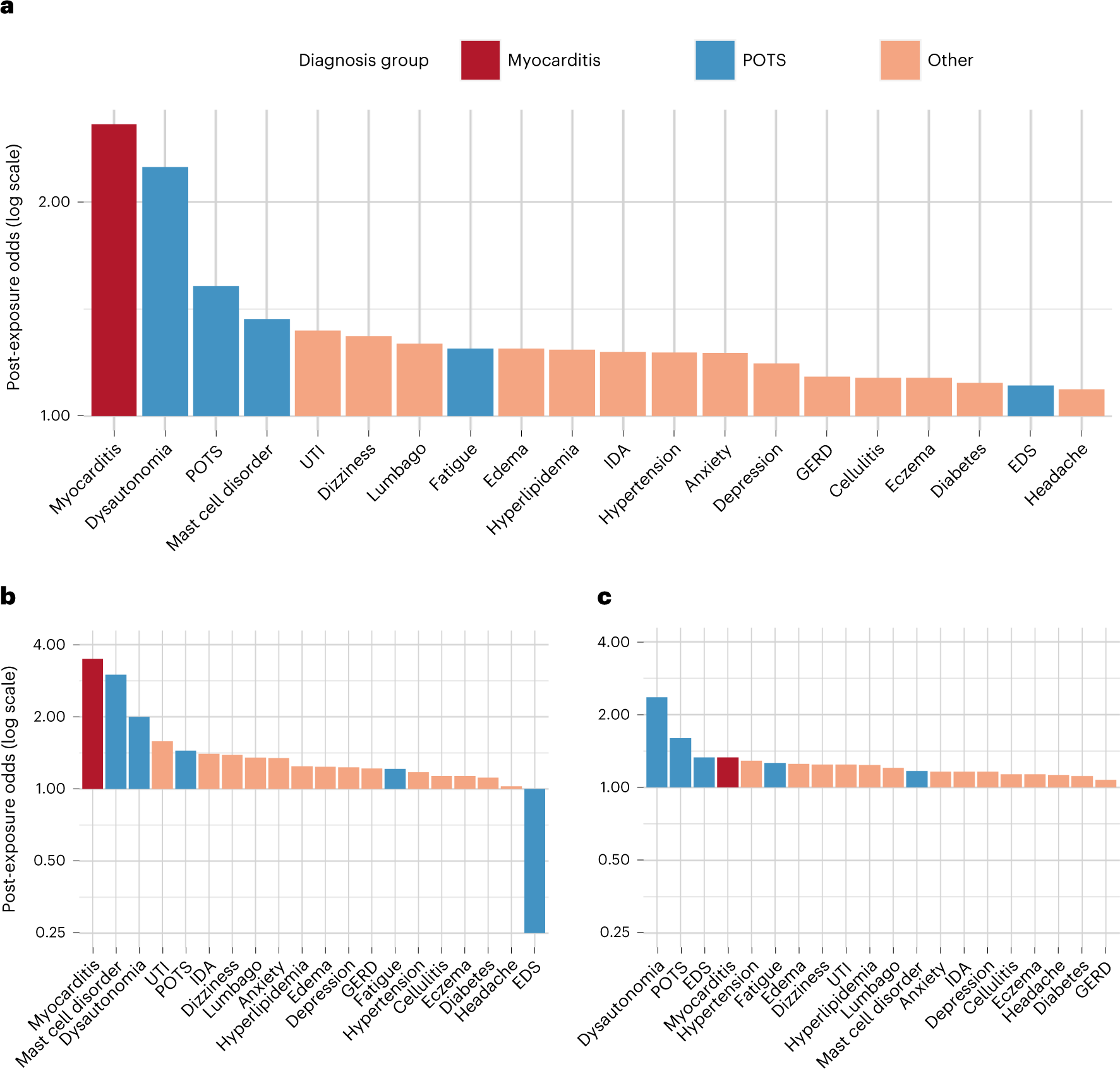
Apparent risks of postural orthostatic tachycardia syndrome diagnoses after COVID-19 vaccination and SARS-Cov-2 Infection

Pathogenic mechanisms of post-acute sequelae of SARS-CoV-2 infection (PASC)

Postural orthostatic tachycardia syndrome - Wikipedia

Long-Haul Post–COVID-19 Symptoms Presenting as a Variant of Postural Orthostatic Tachycardia Syndrome: The Swedish Experience

Mild COVID-19 Linked to Postural Orthostatic Tachycardia Syndrome
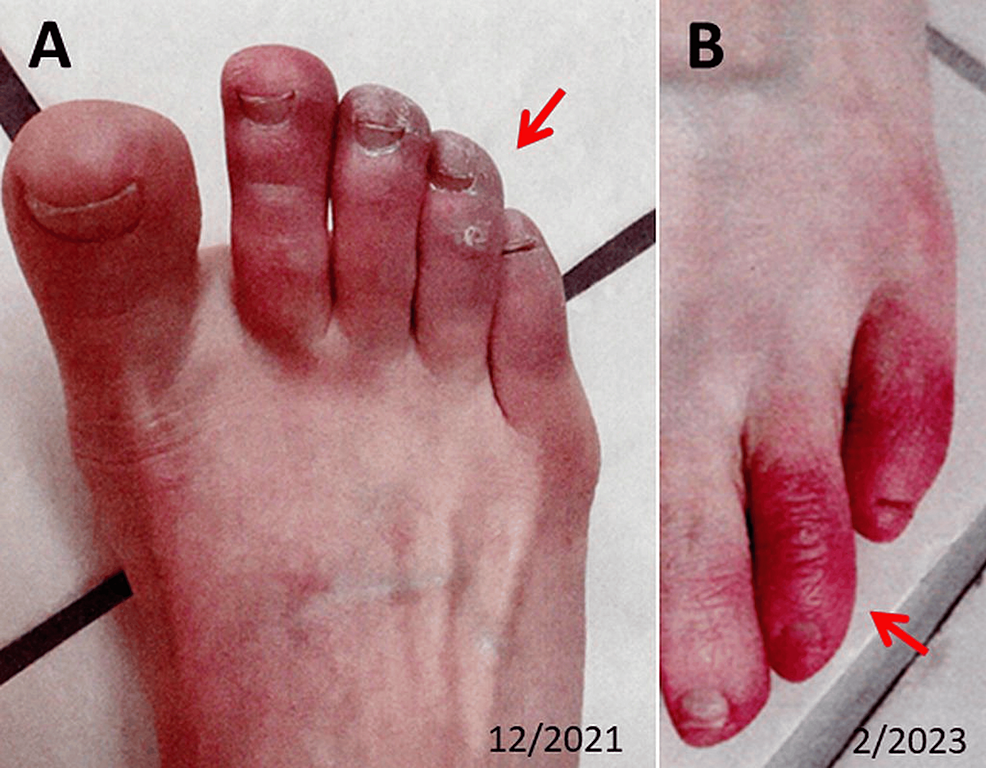
Cureus, Myocarditis, Coagulopathy, and Small Fibre, Sensory, and Multiple Cranial Nerve Neuropathy Complicating BNT162b2 Vaccination: A Case Report
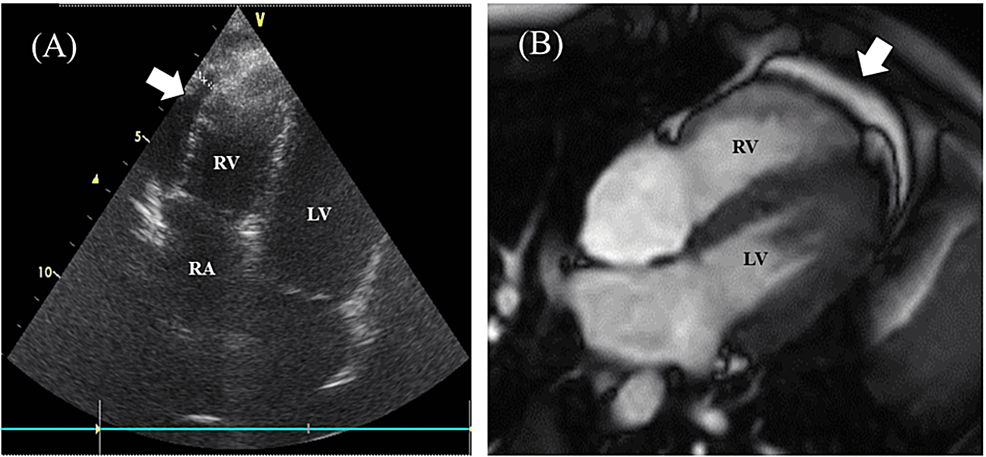
Cureus Overlapping Myocarditis and Postural Orthostatic Tachycardia Syndrome After COVID-19 Messenger RNA Vaccination: A Case Report

Impaired Endothelial Function in Patients With Postural Tachycardia Syndrome

Sequelae of COVID-19 among previously hospitalized patients up to 1 year after discharge: a systematic review and meta-analysis

